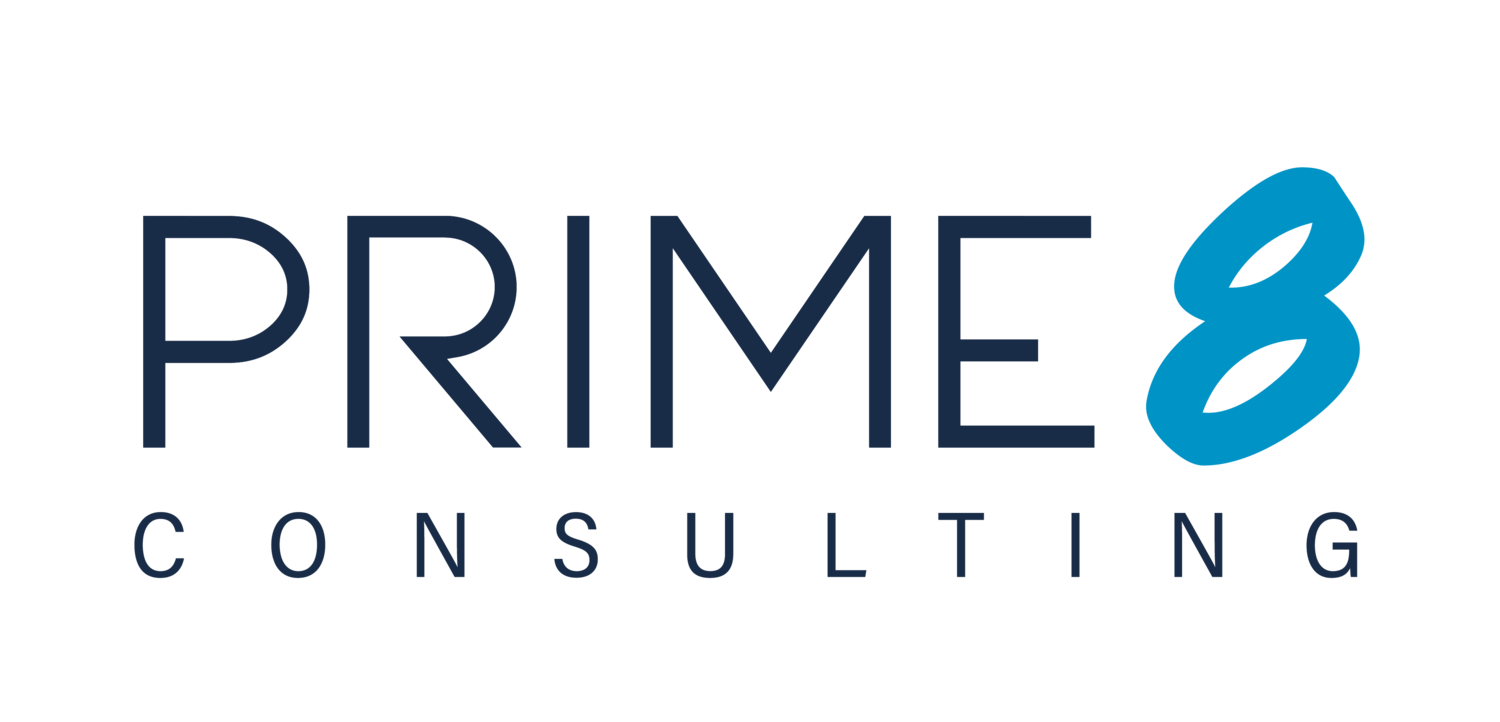5 Best Practices to Boost Team Performance
There’s an art to working on a team.
With various individuals come various different personalities, working patterns, and problem-solving skills. A well-oiled team that is seamless and high-performing can seem like a unicorn, but that doesn’t mean it’s impossible to create.
When there appears to be a blocker in your team’s workflow, it’s crucial for you to identify the issues and create ways for your team to work better, harder, and more efficiently.
Here are some essential tips for ensuring productivity and a high-performing team.
Clarify Roles and Responsibilities
It doesn’t matter if your team is large or small; it’s crucial that every contributor understands his or her role and expectations. This is especially important when bringing on new team members or contracted hires, since they may not be as familiar with the team dynamic as some of the other, more seasoned players.
Make sure you take some time to clearly identify each person’s place on the team, outlining their deliverables and areas of focus. Document this information clearly, and share it with the team, so everyone has an easy reference. Give your team a point of reference on whom to reach out to or connect with regarding certain steps or tasks will ensure your projects don’t lose momentum.
This may seem simplistic, but it’s foundational. You wouldn’t believe how many times we’ve been brought into a client where role confusion was a root cause for team-wide pain.
Keep Goals Realistic
Ambition can be a tricky thing. While it’s important to always be reaching for what’s next, it’s just as important to avoid reaching for something that is unattainable.
In order for a team to be productive and high-performing, they need to know their goals are possible. Setting goals that aren’t realistic or that are far too ambitious to achieve will lead to a discouraged and demoralized team.
A great way to ensure the goals you’re setting are realistic is to meet with each team member and make them part of the discussion. Ask them what they think is realistic in terms of project scope and outcome, and break it down into weekly, monthly, and quarterly expectations.
Once you have these goals established, schedule regular check-ins to keep everyone accountable. We encourage clients to hold weekly team meetings and borrow from the Agile methodology the idea of a daily standup to keep people focused and momentum unblocked.
Improve Communication Channels
A lot of teams have developed a completely remote work structure or a hybrid work model.
With 61% of employees stating they prefer working remotely, it’s clear that the added flexibility is appreciated. However, with this kind of structure comes communication hurdles. Instead of popping over to your colleague’s desk for a quick touch-base, you have to resort to another method of communication that’s hopefully just as productive.
If you don’t already utilize a communication tool like Teams or Slack, it’s time to look into one. You may think you can get by just using email. However, email isn’t necessarily the best way to conduct a virtual drive-by when you need a quick response. As organized as we all try to be, email inboxes are usually cluttered, and urgent requests can easily get lost in a sea of emails.
Having a communication tool dedicated solely to brief and efficient interactions will ensure no project is held up because of confusion or a lost email.
Use the Right Tools
Technology should enable your success. Project management tools, like Microsoft Project, Monday, or Smartsheet, help hold individuals and teams accountable. They track the status of important projects, tasks and milestones and keep project work organized.
Project management tools are essential for all teams, remote or hybrid, and they’re great at keeping people aligned and informed when collaborating on projects. Make sure you research various tools that are out there, but first, identify the specific needs your team has. Some things to consider are:
Do you want to be able to organize your projects under campaigns or sprints?
Do you want tasks and projects to be viewable for other departments or only for your specific team members/individuals?
How many users will need access to your project management tool?
What project reporting will you need?
When you land on a tool, make sure you check in with the team after a few months of using it. Ask them how they like it and see if there’s been an uptick in productivity because of it (i.e., have more tasks and projects been completed compared to previous similar timeframes?). This will help you determine if you should stick with it or look for another one that better serves everyone.
Reward Solid Work
Sometimes, a completed project is its own reward for a job well done. But it also doesn’t hurt to offer your team some kind of recognition for their dedication when they go above and beyond to get something done on time and within scope.
Show your employees you are proud of them by giving them a shoutout in a company-wide meeting. Share a personalized kudo on social media. Or, if your budget allows, create some sort of incentive program for meeting important project deadlines. This kind of approach can do wonders to boost company culture and morale.
Don’t let an underperforming team discourage you. Investigate the disconnects, find where they are happening, and combat them with methods aimed at meeting the team’s needs while increasing productivity and performance.
Prime 8 Consulting takes a programmatic approach to helping companies build high performing teams. When building a solution for you, our holistic framework considers all aspects of team and people performance including team norms, governance, process improvement, change management systems, operational optimization, and learning programs to build high performing sales teams. We’d love to hear more about your needs. Reach out to our experts today for a free consultation.
























